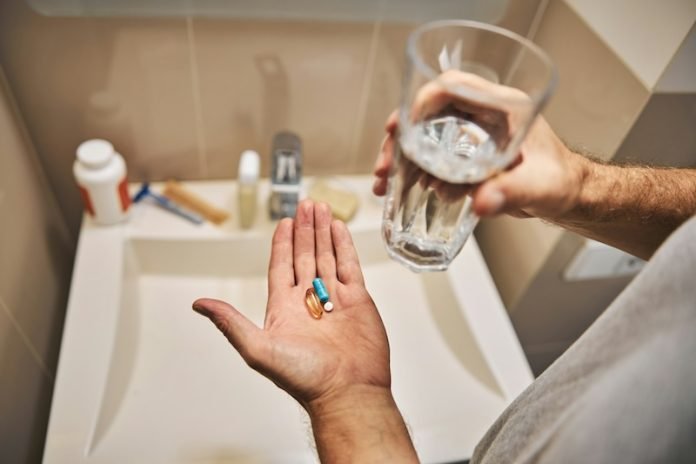
High blood pressure is a major health issue that affects millions of people worldwide. It can be tough to manage, especially when traditional medications don’t work as well as hoped.
A recent study involving the University of Maine has brought some good news for those struggling with this condition.
They’ve found that Vitamin B might help manage high blood pressure more effectively by targeting a substance in our bodies called homocysteine.
First, let’s talk about high blood pressure itself. It’s a condition where the force of your blood against the walls of your blood vessels is consistently too high, which can be dangerous. Normally, doctors want this pressure to be below 140/90 mmHg.
Recently, they’ve set even stricter goals, aiming for below 130/80 mmHg. This change makes managing high blood pressure even more challenging.
Some people have a type of high blood pressure that doesn’t respond well to medications. About 12.8% of the global population has what’s known as drug-resistant high blood pressure.
For these individuals, no matter how many different drugs they try, their blood pressure remains dangerously high. This situation calls for different methods to prevent serious problems like heart attacks or strokes.
Here’s where homocysteine comes into play. Our bodies produce homocysteine naturally. It’s generally regulated by B vitamins like B6, B12, folate, and riboflavin (B2). If we don’t have enough of these vitamins, or due to certain genetic factors, homocysteine levels can rise.
High levels of homocysteine can cause the narrowing of small blood vessels, making it harder for blood to flow and thus increasing blood pressure.
The study from the University of Maine and its partners discovered that taking extra B vitamins could lower homocysteine levels and, as a result, reduce blood pressure by about 6 to 13 mmHg. This finding is particularly significant for those whose high blood pressure isn’t controlled by standard medications.
However, there’s some debate over what should be considered a normal homocysteine level. Many labs say up to 11.4 μmol/L is okay, but there’s a push to lower this benchmark to 10 μmol/L or less, suggesting that current standards might be too lenient.
Using Vitamin B supplements could be a simple, cost-effective strategy to manage high blood pressure, especially when medications alone aren’t doing the job.
While this method has shown promising results, it’s important to remember that any supplement intake should be monitored by healthcare professionals. This ensures the treatment is safe and effective, avoiding any potential complications.
The research highlights how valuable Vitamin B could be as an addition to drug therapy for those facing tough battles with high blood pressure. The prospect of using a natural approach like this offers new hope to those who find traditional treatments insufficient.
As we learn more about the role of vitamins in health, incorporating them into treatment plans for high blood pressure could become a standard practice, providing a more comprehensive way to manage this prevalent condition.
But, always consult with healthcare providers before starting any new treatment to make sure it’s the right and safe choice for your specific health needs.
If you care about high blood pressure, please read studies that early time-restricted eating could help improve blood pressure, and natural coconut sugar could help reduce blood pressure and artery stiffness.
For more information about blood pressure, please see recent studies about added sugar in your diet linked to higher blood pressure, and results showing vitamin D could improve blood pressure in people with diabetes.
Copyright © 2024 Knowridge Science Report. All rights reserved.



